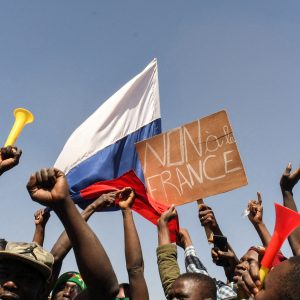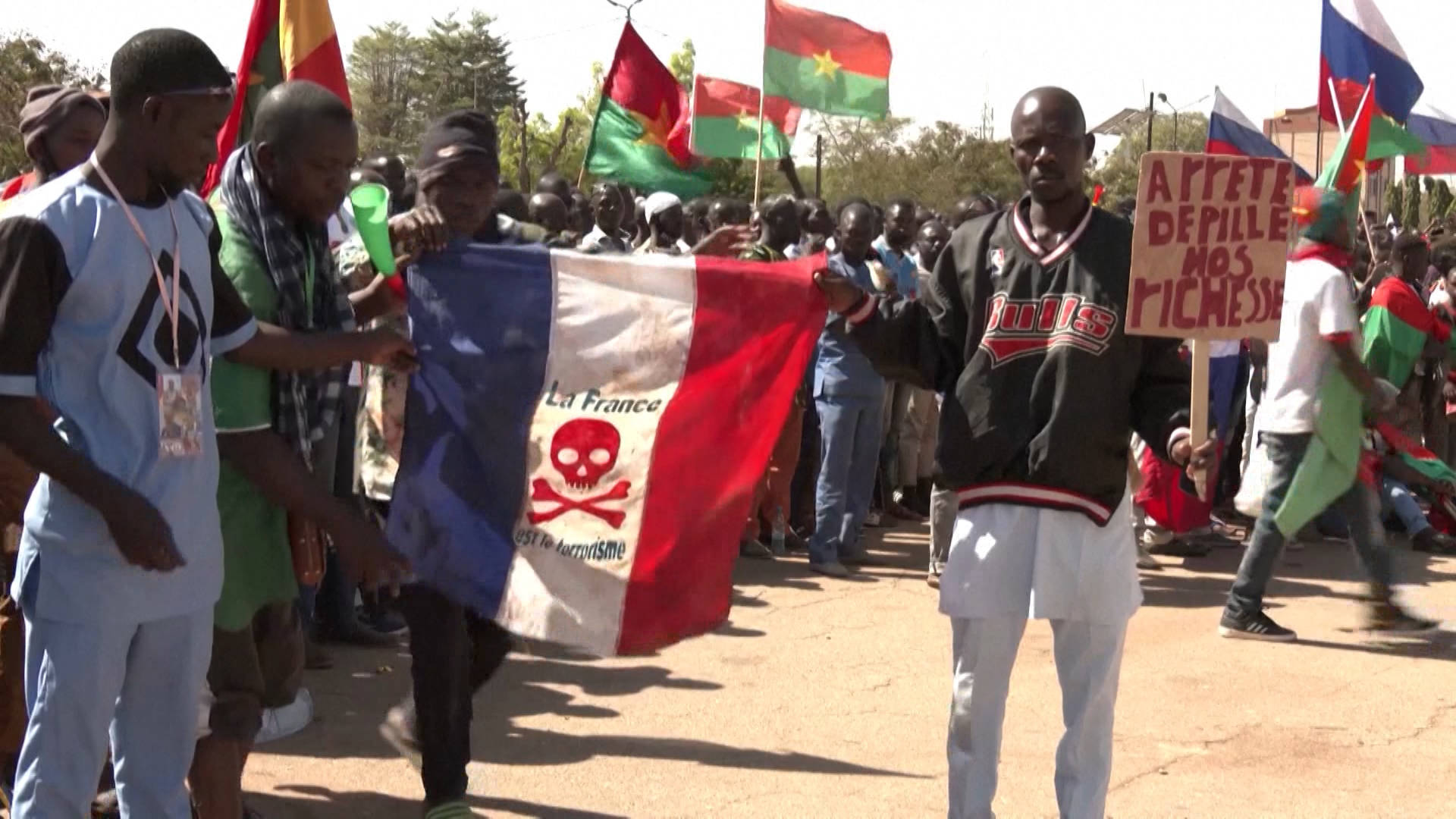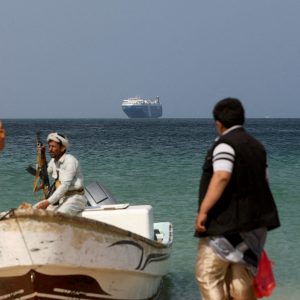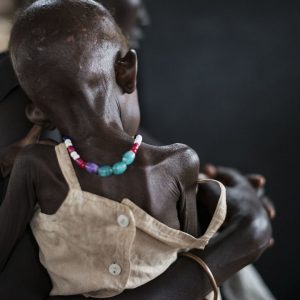Last month, Burkina Faso rocked global news when it announced the termination of its military agreement with France. The ex-colonial European power had been occupying the jihadist-hit West African state since 2014. It has dispersed around 400 special troops in efforts to expand its presence in the Sahel region.
Burkina Faso is still combatting an Islamist insurgency by organizations linked to al Qaeda and the Islamic State, which have successfully occupied ample folds of land and displaced 1.5 million people. Although maintaining an unusual peace period despite conflicts in Mali, violence soon leaked through its borders, and in 2019, Burkina Faso observed the largest annual increase in terrorism-related fatalities worldwide of +590% . Since then, terrorist activities are increasingly dominating everyday life.
All of this has not gone unnoticed by the state. However, many measures have proven ineffective at stopping the spread of these organizations. In 2015, France committed troops to the region to help deter the spread of insurgency groups. Since 2017, Burkina Faso has exponentially increased its military budget, undergone severe political restructuring, and even employed civilian auxiliaries (notably, Volontaires pour la Défense de la Patrie)—all with no luck. Violence erupted in the June 2022 massacre of over 135 civilians in the Solhan region, which devastated the state. For many people, that was the final straw.
The state’s instability and ineffectiveness led thousands to protest the jihadist attacks. However, many critics of the government were ultimately detained. Amid this extreme civil discontent and political chaos, it was not necessarily surprising that, in December 2021, Prime Minister Christophe Joseph Marie Dabiré resigned. Later, in January 2022, a military coup forcibly removed President Roch Kabore.
With this exhausting and futile history in mind, civilian discontent is at an all-time high and growing. People are calling for a different approach towards these insurgencies and typically moving their alliances increasingly East for support. Hence, the general support for the removal of French troops.

Although government spokesman Jean-Emmanuel Ouedraogo assured the media this was not the end of diplomatic relations between the countries, tensions are clearly heightening as these relations do, in fact, deteriorate.
Indeed, alarm bells are ringing in Europe due to the clear parallels between Burkina Faso and its neighbors. The events in Burkina Faso fit into a regional narrative of social and political instability with no end in sight. Mali, in particular, has experienced two coups and removed French troops after a new junta came to power.
However, specific concerns stem from Mali’s moves to partner with Russia’s Wagner Group to reinforce its own army. The Wagner Group, a Russian paramilitary organization that the European Union has sanctioned for “serious human rights abuses,” is making clear moves throughout Africa to expand its realm of influence. While the Burkinabe Government assures Paris that it will not follow Mali’s suit, a Wagner Group liaison has already visited Burkina Faso. All these event have prompted dialogue around the developing Russian relations throughout Africa.
Russia has deepened ties in North Africa, Central Africa and the Sahel, and rekindled Cold War ties in South Africa. They have done so through unusual, and sometimes extralegal, practices like the use of mercenaries, coups, arms deals, and more. Burkina Faso is no different.
“Russian misinformation was a factor helping to drive the French forces out of Sahel countries, especially Burkina Faso,” explained Ulf Laessing of the Konrad Adenauer Foundation, a center-right German think tank.
The Russosphère is steadily expanding at the expense of France, which has crumbling relations with several African states. The affiliated organizations are using contemporary methods to gain support throughout Africa. Particularly capitalizing on their social media presence and their circulation of messages accusing France of modern-day colonialism.
Despite all this, France does still have important ties in Africa. French President Emanuel Macron has centered his African diplomacy efforts on increasing foreign aid and fostering individualized political connections on the principles of equality. Macron has sparked a new initiative to revisit the country’s African relations: he highlighted the need for France to show a “profound humility” and carve out a “new balanced and mutual responsible relationship” with African nations.
Nevertheless, these recent moves in Burkina Faso are an important indicator of shifting international relations. Western powers are rightfully concerned about their weakening influence in this region. Some, such as William Gumede, director of Democracy Works, are even equating these changes to “a new Cold War is playing out in Africa, where the rival sides are trying to gain influence.”
Ultimately, time will tell how deep Russian influence will seep into this region and what this will mean for global politics. Regardless, France isn’t giving up the fight any time soon.
Featured Image Source: Reuters






Comments are closed.